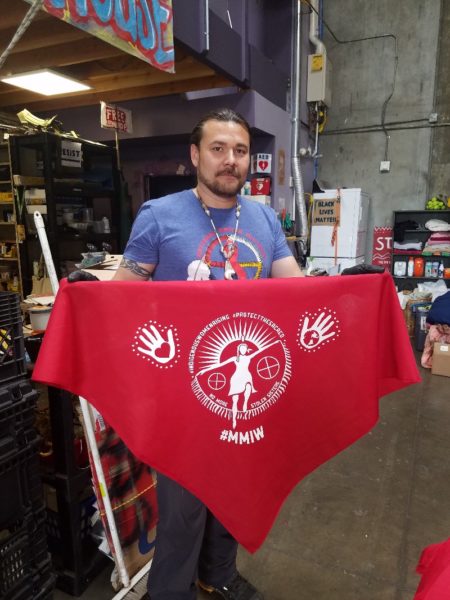
- Details
Oakland, California-David Michael Karabelinkoff and allies are silk screening bandannas and shawls for Murdered and Missing Indigenous Woman in Oakland, California. They are creating these works of art at the Greenpeace Warehouse in Oakland.
Under the Obama Administration a lot of resources were put into MMIW. The 2016 Excellence in Journalism Conference, covering Domestic Violence Against Native Women, found Native women suffer from violence at a rate two and a half times greater than that of any other population in the United States. (http://www.niwrc.org/resources/journalist-resources-covering-domestic-violence-against-native-women)
Bernadette Smith, Pomo, from Manchester Point Arena reservation, was asked why she was making bandannas and Shawls and she replied, "My sister was murdered in her home on my home reservation on Nov. 19, 2017, it is important to me to raise awareness of the missing and murdered indigenous woman not only because it effects me personally, but because I am a woman."
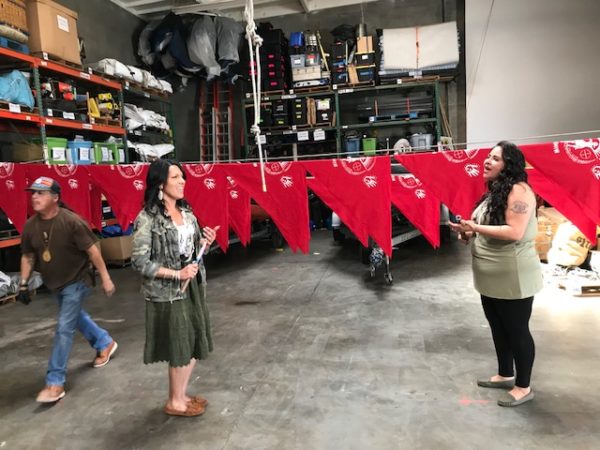 Carla Marie Munoz, Rumsen Ohlone and Bernadette Smith Manchester Pomo singing with clappers, Norm Sands working as usual.
Carla Marie Munoz, Rumsen Ohlone and Bernadette Smith Manchester Pomo singing with clappers, Norm Sands working as usual.
Sponsors:
The Red Women Rising Project is dedicated to uplifting the voices of Urban Indian survivors of domestic violence and sexual assault through increasing awareness around Urban Indian women’s domestic violence issues and enhancing survivors' access to domestic violence services. This project also aims to enhance provider capacity to care for Native American survivors of abuse by providing access to culturally-responsive resources and training opportunities.
California Consortium for Urban Indian Health (CCUIH), April McGill & Montana Weekes engages in a diverse range of projects and public awareness campaigns aimed at optimizing health care delivery at Urban Indian clinics and raising consciousness surrounding health issues affecting Urban Indian communities
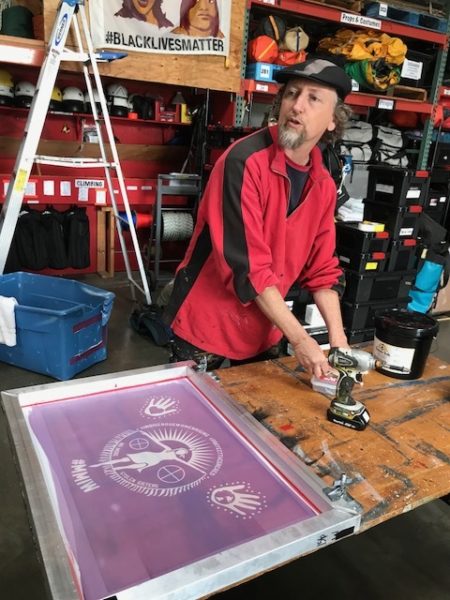 David Solnit
David Solnit
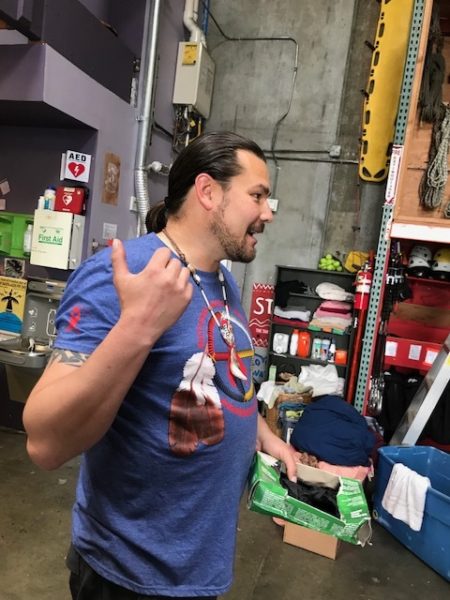 David Karabelnikoff
David Karabelnikoff
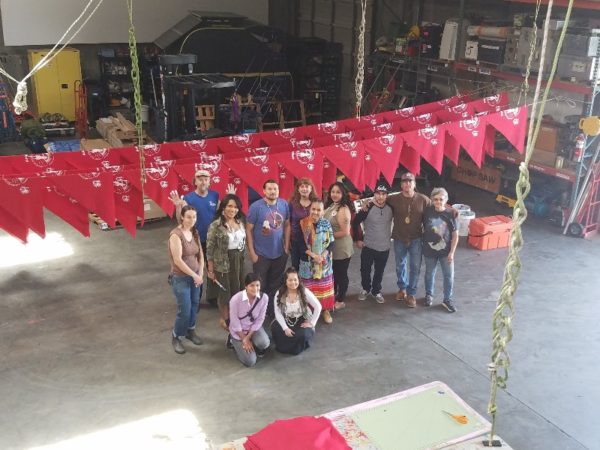
More Stories Like This
Native News Weekly (August 25, 2024): D.C. BriefsNative Bidaské: The Illusion of Freedom and the Myth of America 250, Leonard Peltier Speaks Out
Monday Morning (March 2, 2026): Articles You May Have Missed This Past Weekend
Native News Weekly (March 1, 2026): D.C. Briefs
Scope Narrowed, Report Withheld: Questions Mount Over Michigan Boarding School Study
Help us defend tribal sovereignty.
At Native News Online, our mission is rooted in telling the stories that strengthen sovereignty and uplift Indigenous voices — not just at year’s end, but every single day.
Because of your generosity last year, we were able to keep our reporters on the ground in tribal communities, at national gatherings and in the halls of Congress — covering the issues that matter most to Indian Country: sovereignty, culture, education, health and economic opportunity.
That support sustained us through a tough year in 2025. Now, as we look to the year ahead, we need your help right now to ensure warrior journalism remains strong — reporting that defends tribal sovereignty, amplifies Native truth, and holds power accountable.
 The stakes couldn't be higher. Your support keeps Native voices heard, Native stories told and Native sovereignty defended.
The stakes couldn't be higher. Your support keeps Native voices heard, Native stories told and Native sovereignty defended.
Stand with Warrior Journalism today.
Levi Rickert (Potawatomi), Editor & Publisher
